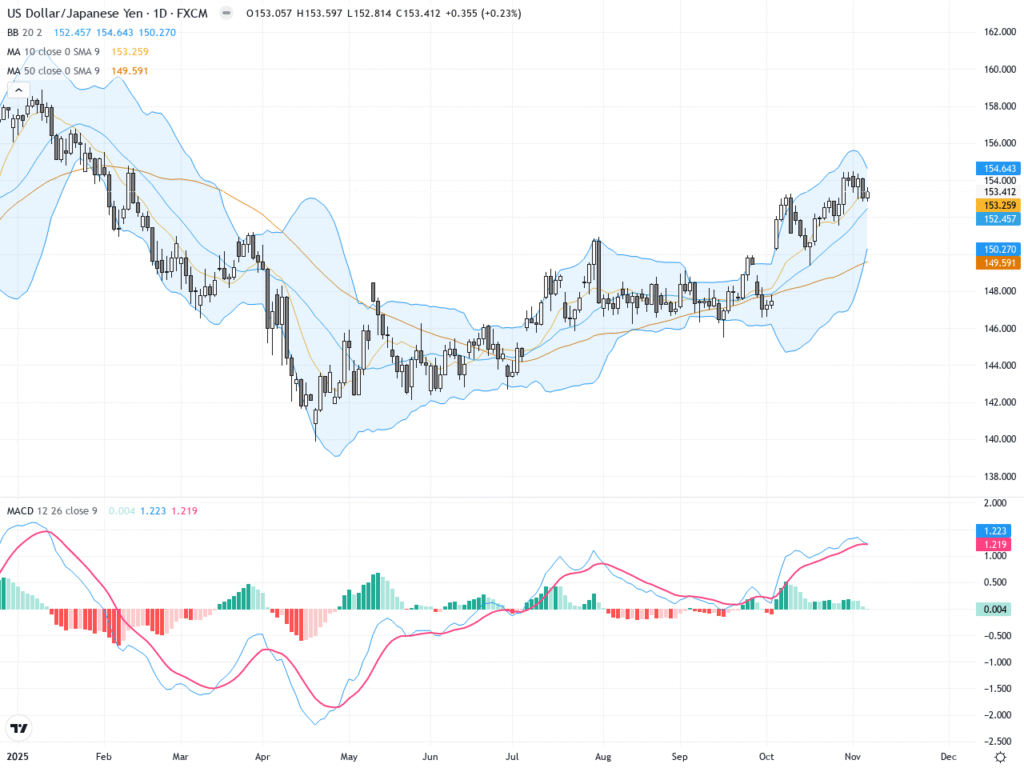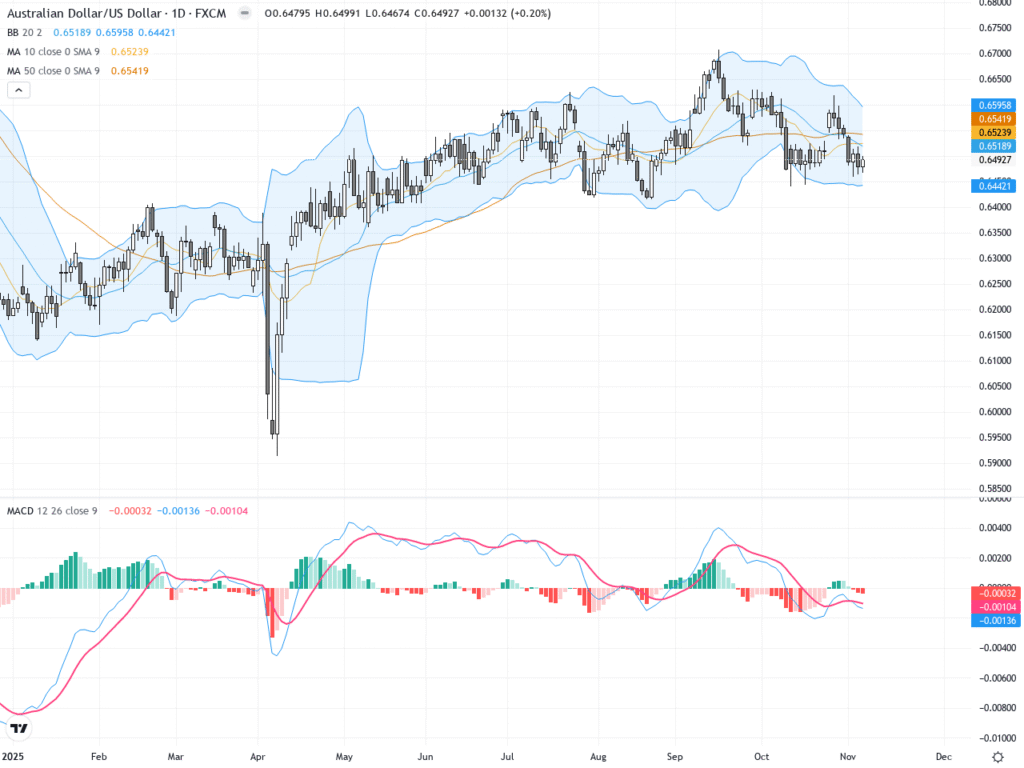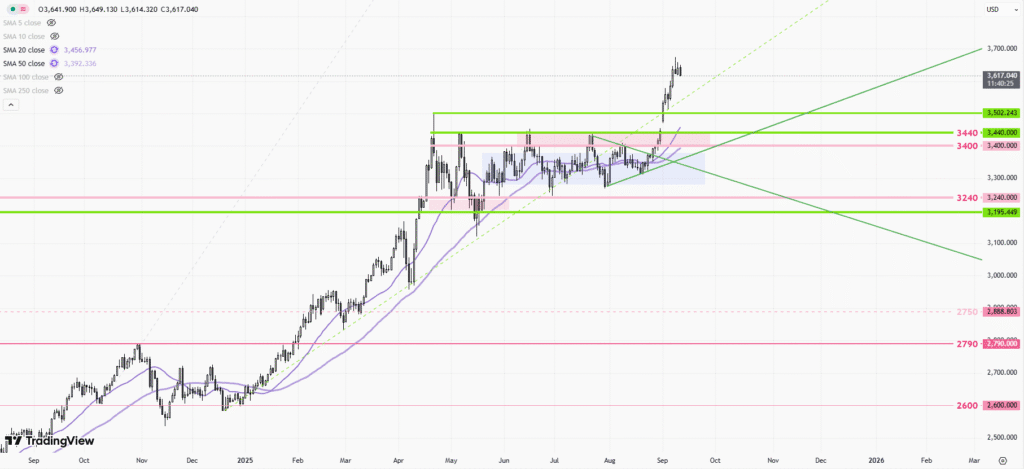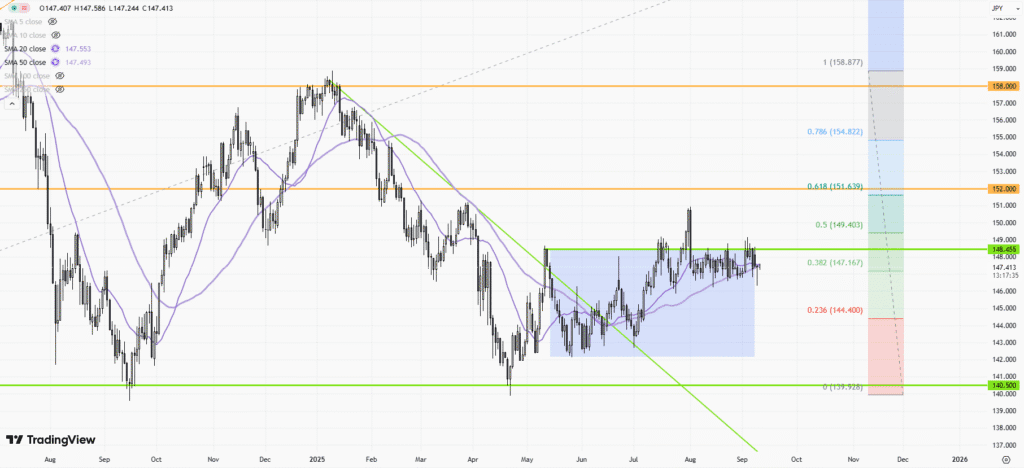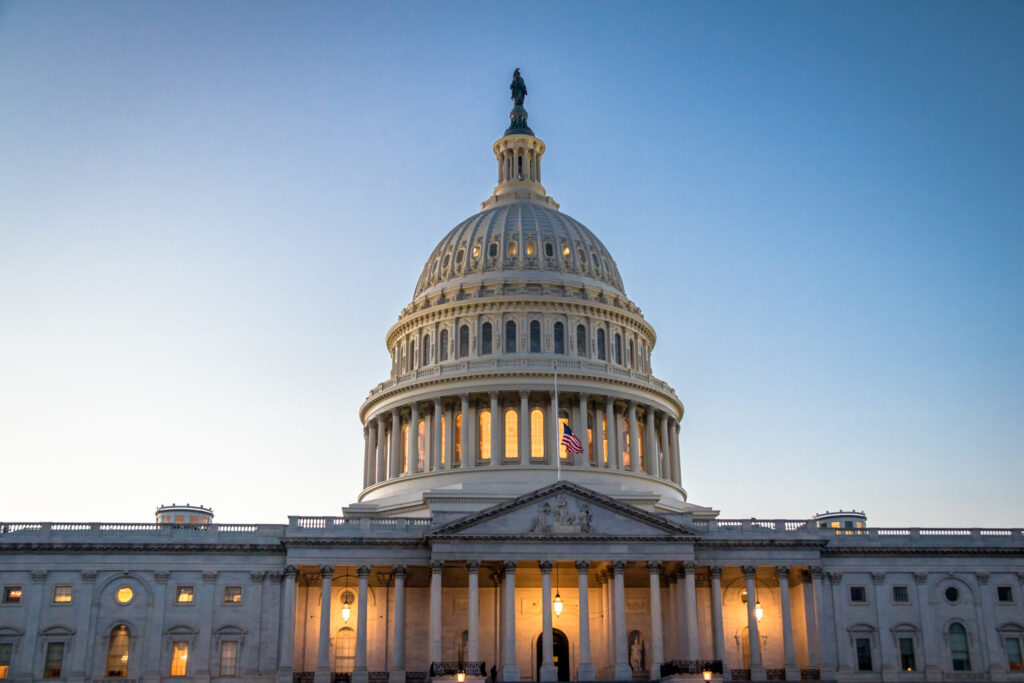 |
| Gold V.1.3.1 signal Telegram Channel (English) |

How U.S. Government Shutdowns Impact Markets and What Investors Need to Know
2025-10-02 @ 22:00
A looming or active U.S. government shutdown often dominates headlines and sparks concern in the financial markets. For investors and market observers, understanding how these disruptions affect portfolios and economic activity is vital—especially given the cyclical nature and political complexity surrounding these events.
What Triggers a Government Shutdown?
A government shutdown happens when Congress fails to pass appropriations bills or continuing resolutions needed to fund federal agencies. These disagreements are typically rooted in political impasses over budget priorities, social programs, and other legislative matters. When deadlines pass without compromise, many government functions halt or scale back, and “non-essential” federal employees face temporary furloughs. Past shutdowns have ranged from a few hours to over a month—the longest being the 35-day event from December 2018 to January 2019.
While most shutdowns end quickly, the operational impacts can be significant for those affected, such as employees at national parks, museums, and various federal offices. Prolonged shutdowns may disrupt economic activity and decrease government revenue.
Market Reactions: Short-Term Volatility vs. Long-Term Stability
In the immediate aftermath of a shutdown, financial markets often respond with a “risk-off” attitude. This means:
- Volatility ticks upward, with increased market swings.
- Investors tend to pull funds from stocks, causing brief declines in major indices.
- U.S. Treasuries see greater demand due to their reputation as a safe haven, often resulting in lower yields.
- The U.S. dollar may weaken in international markets, reflecting concerns about political instability and shifting interest rates.
Despite these turbulent responses, historical data shows the impact is typically mild and short-lived. Stock prices may drop at first, but frequently rebound after the shutdown concludes. The economic disturbance from shutdowns has usually been small in the context of ongoing market trends.
Unique Factors of the Current Shutdown
Each shutdown reflects the political climate of its era. The present situation is marked by debates over extending Affordable Care Act tax credits past 2025, with sharp Republican and Democratic divisions. Absent a compromise, federal agencies must brace for another period of uncertainty.
A notable development this time: agencies have prepared for potential layoffs, though most previous shutdowns led only to temporary furloughs. Broader layoffs could intensify worries about reduced government services and economic activity.
Risks for Investors and the Economy
While typical shutdowns have limited direct impact, prolonged disruption could create longer lasting effects:
- Delayed economic data releases can make it tough for central banks and policymakers to track trends and set policy.
- Companies with government contracts might face payment delays, affecting cash flow and planning.
- Heightened uncertainty may discourage business investment, slow consumer spending, and drag on economic growth.
- If political polarization increases and shutdowns become longer and more unpredictable, investor anxiety could rise.
Given these risks, maintaining perspective is key. Historically, markets have weathered shutdowns relatively well, so it’s important to avoid knee-jerk reactions.
Investor Strategies During Shutdowns
Periods of government shutdown underscore the importance of portfolio discipline:
- Stick to a diversified investment approach that aligns with your risk tolerance and long-term goals.
- Avoid making dramatic asset allocation changes based solely on headlines about the shutdown.
- Focus on fundamental analysis and long-term outlook rather than short-term market noise.
- Remember, many shutdowns have passed with only minor and temporary market disruptions. Stock prices have often bounced back once funding is restored.
Looking Ahead
Uncertainty from government shutdowns is rarely welcome, but history provides crucial perspective. Most shutdowns resolve quickly and leave little lasting mark on markets or the economy. However, each event is different, and investors should monitor underlying factors—such as duration, economic data delays, and political climate—to better anticipate potential impacts.
Whether you are an active trader or a long-term investor, the key takeaway is to remain thoughtful and disciplined, relying on a well-constructed, diversified portfolio. By doing so, you can help shield yourself from the short-lived turbulence that has historically accompanied government shutdowns, while maintaining focus on broader financial objectives.


